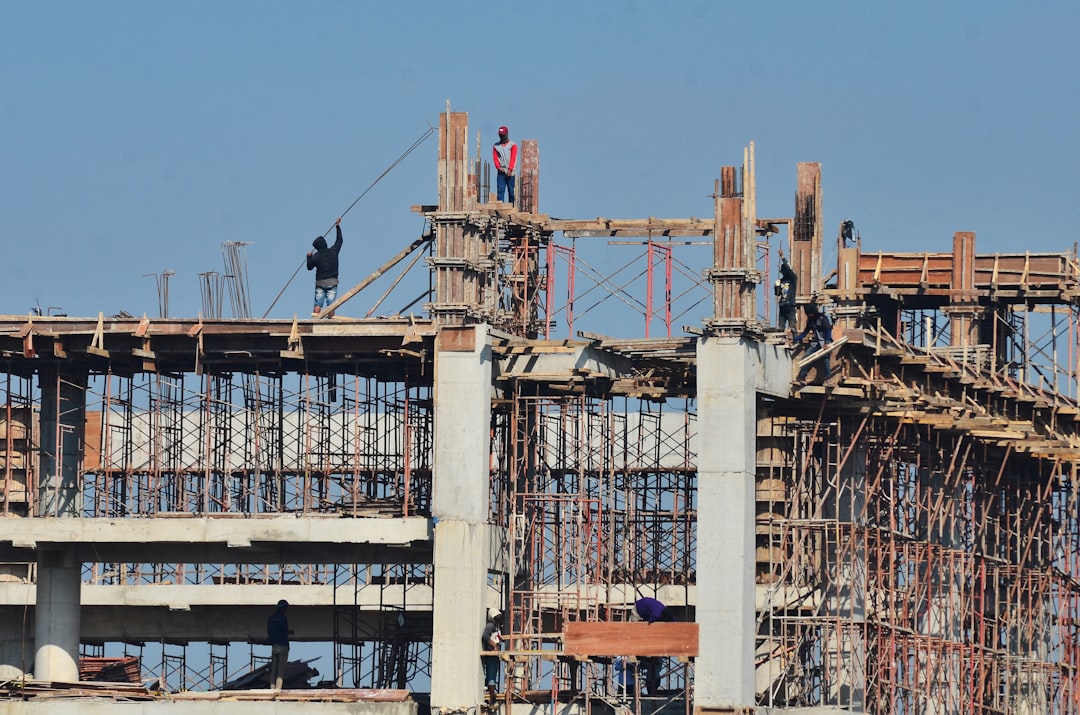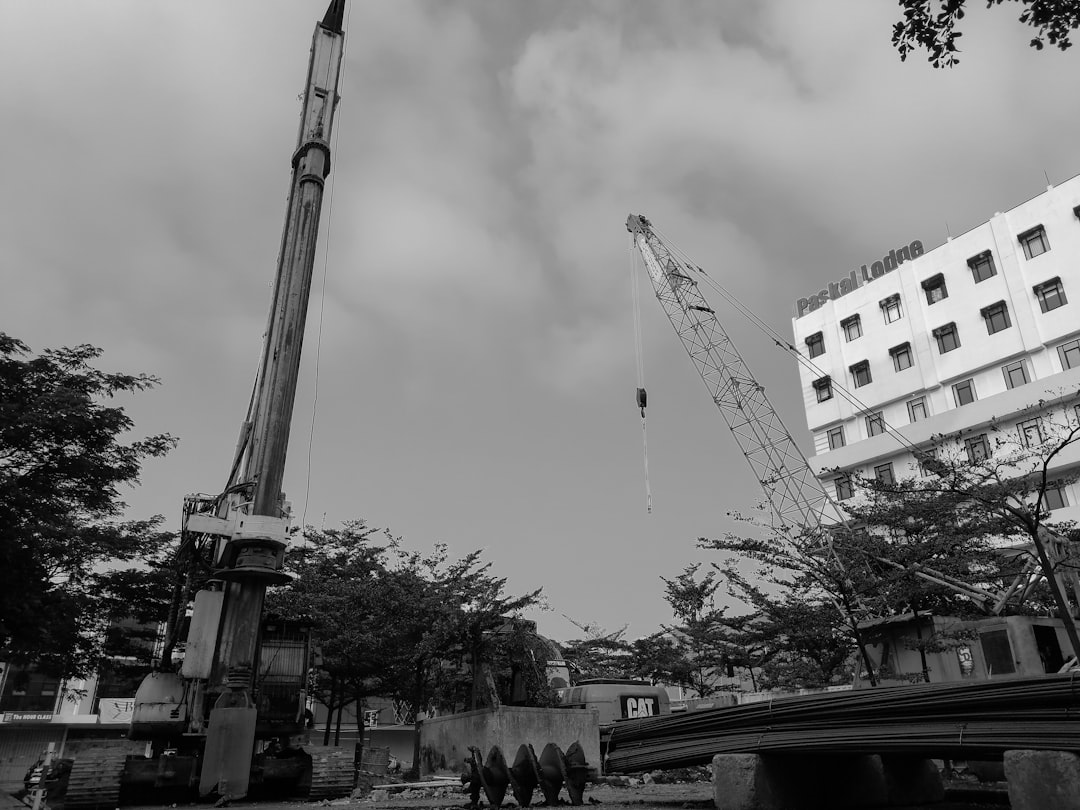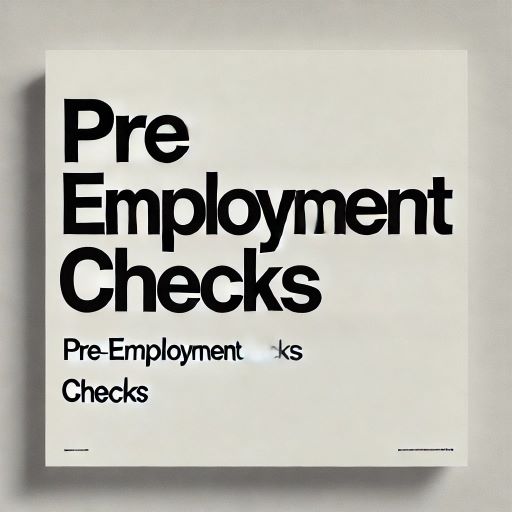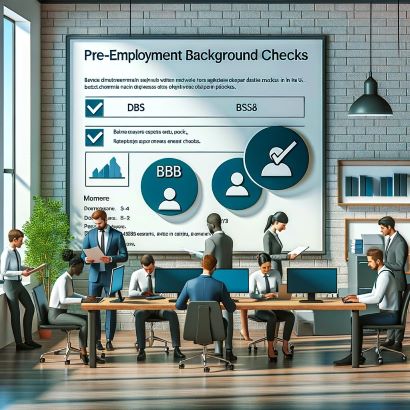

From a security perspective, the right to work check is foundational in the BPSS process because it ensures that individuals are not only legally employed but also properly vetted. The identity verification process is a crucial part of BPSS checks. While the typical duration for a BPSS check ranges from two weeks to a month, it's important for both employers and candidates to be prepared for variations based on the factors discussed.
What Is in a BPSS Check? This information is critical in assessing whether an individual might pose a risk to national security or the safety of the public.
As the future of BPSS compliance evolves, staying up to date with the process and maintaining valid clearance is vital for individuals in sensitive positions. It requires individuals to provide valid, government-issued identification documents, such as a passport or driver's license. speed up your recruitment process using bpss clearance services that are fast , accurate and affordable.
Hence, BPSS checks are an essential aspect of security practices for entities associated with the UK government. Identity checks are essential, requiring verification through official documents to confirm personal details.
While BPSS checks aren't formal security clearances, they're vital for accessing UK OFFICIAL and occasional UK SECRET assets. When distinguishing between BPSS and DBS checks, it's vital to recognize that BPSS focuses on national security vetting, identity verification, and right to work status, while DBS solely examines an individual's criminal record. This step is essential to ensure that individuals are legally entitled to work in the country, which is fundamental both for complying with legal requirements and for maintaining the integrity and security standards within an organization, particularly those involved in government or sensitive roles.
The BPSS checks must be applied uniformly to all employees who are in similar roles, ensuring that no individual is unfairly targeted or excluded from a position based solely on personal attributes that do not pertain to their ability to perform job-related tasks safely and effectively. BPSS checks involve several key components: identity verification, employment history check, criminal record check, and nationality and immigration status check.
Baseline Personnel Security Standard (BPSS) checks and BS7858:2019 checks are both integral to pre-employment vetting in the UK, but they serve different purposes and are structured to meet the needs of different sectors. In summary, undergoing a BPSS check is essential for individuals seeking roles with access to sensitive information and government assets.
Ensuring that all employees have been thoroughly checked and are legally allowed to work helps maintain the security standards necessary for sensitive roles, particularly in government and defense. Security policies BPSS checks are generally quicker to complete, often within a few weeks, reflecting their role as a baseline security measure.
Follow our guide to apply for BPSS clearance successfully.

Posted by Jasmine Roberts on 2024-10-08
Keep your BPSS clearance active with proper renewals.

Posted by Jasmine Roberts on 2024-06-24
Learn how BPSS clearance protects government data.

Posted by Jasmine Roberts on 2024-06-14
Learn how employers can ensure BPSS compliance.

Posted by Jasmine Roberts on 2024-06-08
Avoid these common BPSS clearance application mistakes.

Posted by Jasmine Roberts on 2024-05-29
To guarantee you meet the necessary requirements for accessing these assets, consider the following:- Complete and submit all required documentation accurately and truthfully.- Cooperate fully with any additional background checks or enquiries that may be necessary.- Familiarize yourself with the guidelines and protocols for handling UK OFFICIAL information.- Report any changes in personal circumstances that may affect your clearance status promptly. By undergoing this screening, you not only demonstrate your trustworthiness but also contribute to maintaining the security and confidentiality of sensitive information within your organization. The enforcement of BPSS clearance is indirectly related to the Official Secrets Act, which provides a legal foundation for protecting state secrets and national security information.
Some organizations require a new DBS check every three years or have policies for more frequent updates, reflecting the ongoing need to protect vulnerable populations. The duration of a Baseline Personnel Security Standard (BPSS) check can vary significantly based on several factors, including the complexity of the individual's background, the efficiency of the vetting process, and the responsiveness of various data sources.
Your legal right to work in the UK is an essential aspect of BPSS clearance. Applicants need to provide documents like a passport or driver's license to confirm their identity.
Ultimately, BPSS clearance plays a critical role in maintaining a secure work environment, reducing risks, and building trust in recruitment processes and decision-making. The timeline for conducting these checks also differs.

BPSS checks validate that individuals are trustworthy and suitable for roles with potential exposure to SECRET and TOP SECRET information, even though BPSS itself isn't a formal security clearance. Continuous monitoring ensures ongoing compliance with legal requirements and maintains the integrity of the workforce. In industries where security is paramount, BPSS clearance acts as a first line of defense against potential internal threats.
HMRC tax records and National Insurance contributions can be used to validate your employment history. It also reinforces the security of the working environment by ensuring that all employees are legally entitled to work.
This step is vital to confirm that the individual is who they claim to be, which is fundamental in preventing identity fraud within high-security environments. In the UK, it's mandatory for employers to ensure that their employees have the legal right to work before commencing employment.
Organizations that fail to properly conduct these checks risk breaches of security, financial penalties, and damage to reputation. Adhering to these requirements is crucial for successfully obtaining BPSS clearance and gaining access to UK OFFICIAL and SECRET assets.

However, depending on the nature of the work and the level of security required, BPSS checks might be revisited if a person's role or security clearance level changes. Employers must ensure that information is not used discriminatorily and is stored only as long as necessary for security purposes. This process involves reaching out to past employers to confirm periods of employment, roles held, and reasons for leaving, which can take time if past employers are slow to respond or if the candidate has worked internationally.
Organizations must handle all personal information according to the UK's Data Protection Act 2018, ensuring that applicants' data is processed in a secure, lawful, and fair manner. When undergoing a BPSS check, you're subjected to a thorough screening process to confirm your trustworthiness and eligibility for accessing sensitive information.
Providing evidence of volunteering activities or caring responsibilities could form part of the supplementary checks during BPSS clearance. Continuous monitoring and updating of BPSS clearance are recommended for roles that involve ongoing security concerns.
Valid documents such as a passport or a Home Office document are required to prove your national and immigration status. BPSS checks are governed by standards set by the UK government, specifically designed to comply with national security guidelines for personnel working in secure environments.


However, BS7858:2019 also outlines specific storage and handling procedures for the sensitive information gathered during the vetting process, reflecting its more rigorous data collection. BPSS checks are generally conducted as a one-time check prior to employment to establish a baseline of trust and security clearance. It helps prevent the employment of individuals who might have restrictions that could impact their suitability for specific duties.
Illegal workers may pose a security risk as they might have circumvented the usual checks and processes designed to protect sensitive information and environments. These policies should outline the steps to be taken if a potential security threat is identified during the BPSS process, including how to manage and mitigate such risks appropriately.
In conclusion, BPSS clearance is an essential component of the security framework within many organizations, particularly those involved with the UK government or national security.
Understanding the timeline for a BPSS check is crucial for both employers and candidates to plan accordingly. Verification of special circumstances such as maternity leave or military service may also be necessary to finalize the additional investigations for BPSS clearance. As the industry evolves, here are some key aspects to ponder:1. **International Background Checks:** Expect a growing emphasis on international screenings to guarantee thorough vetting for BPSS compliance.2. **Automation and Digital Platforms:** Look out for the adoption of automation and digital tools to streamline the BPSS clearance process, enhancing efficiency.3. **Continuous Monitoring:** Anticipate standard practices of continuous monitoring and periodic re-screening to uphold BPSS compliance over time.4. **AI Integration:** The integration of artificial intelligence and machine learning is likely to improve the effectiveness of BPSS checks, enhancing overall security measures.
Candidates must also be made aware of their rights in the process, including the right to access the information collected about them and the right to appeal any decisions made on the basis of the BPSS check. Proper training helps mitigate the risk of errors or oversights that could compromise the security of the vetting process and ultimately, the organization's operations.
Remember, attention to detail in gathering these documents could be the difference-maker in your clearance journey. In summary, while BPSS checks provide a security baseline for individuals primarily working within or for the UK government, DBS checks serve to protect vulnerable groups from potential harm.
Digital technology enables greater scalability in conducting BPSS checks. Compliance with BPSS checks is not only about adhering to legal requirements but also about ensuring the safety and security of governmental operations and sensitive information.

Employers conducting BPSS screening must comply with UK data protection laws. Personal data is stored securely and used only for vetting purposes.
Government roles require BPSS Clearance to ensure that employees handling sensitive information are trustworthy, legally authorized to work, and free of disqualifying criminal histories.
Employers rely on BPSS Clearance results to make informed hiring decisions for sensitive roles. It helps ensure candidates meet security standards required for the job.
Delays in BPSS Clearance can occur due to incomplete applications, missing documents, or extended reference checks. Applicants should ensure all information is accurate and complete.
The cost of BPSS Clearance is typically covered by the employer. However, in some cases, applicants may need to pay for certain document-related fees, such as background check certificates.
Yes, international applicants can apply for BPSS Clearance if they meet the eligibility criteria, including having legal authorization to work in the UK and providing required documentation.
BPSS Clearance is generally not transferable. Each employer may conduct its own vetting process to ensure compliance with internal security policies.
Employers verify BPSS eligibility through document checks, identity verification, criminal records, and references. Accurate and complete submissions speed up the process.